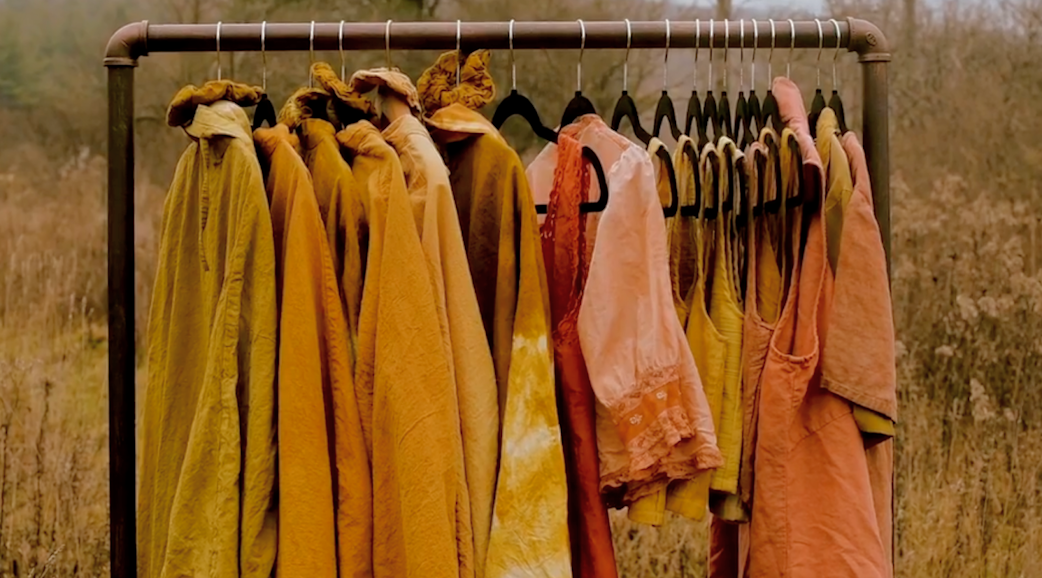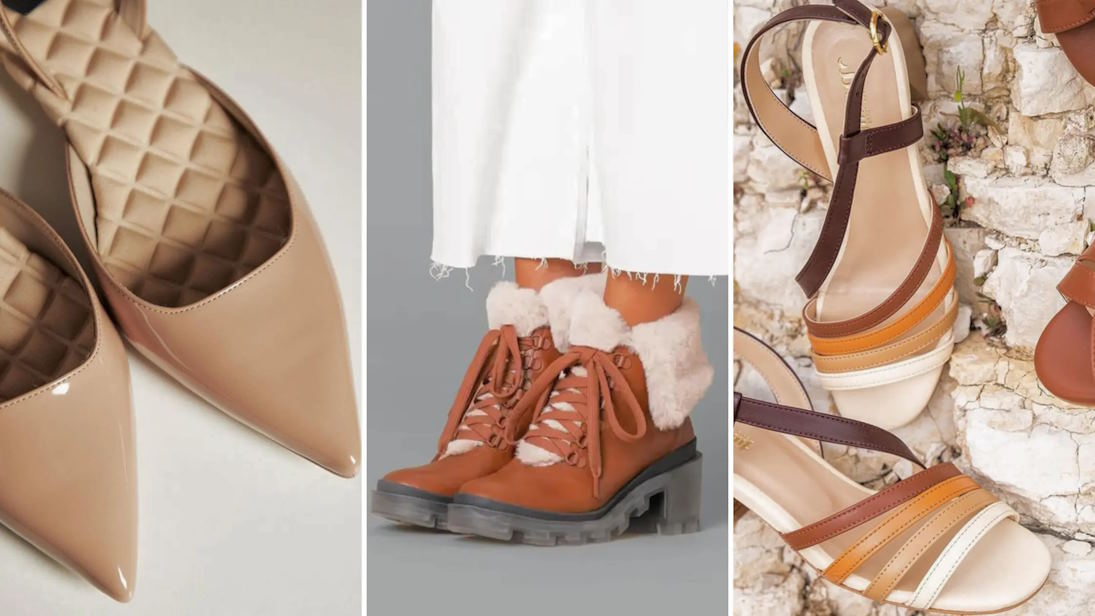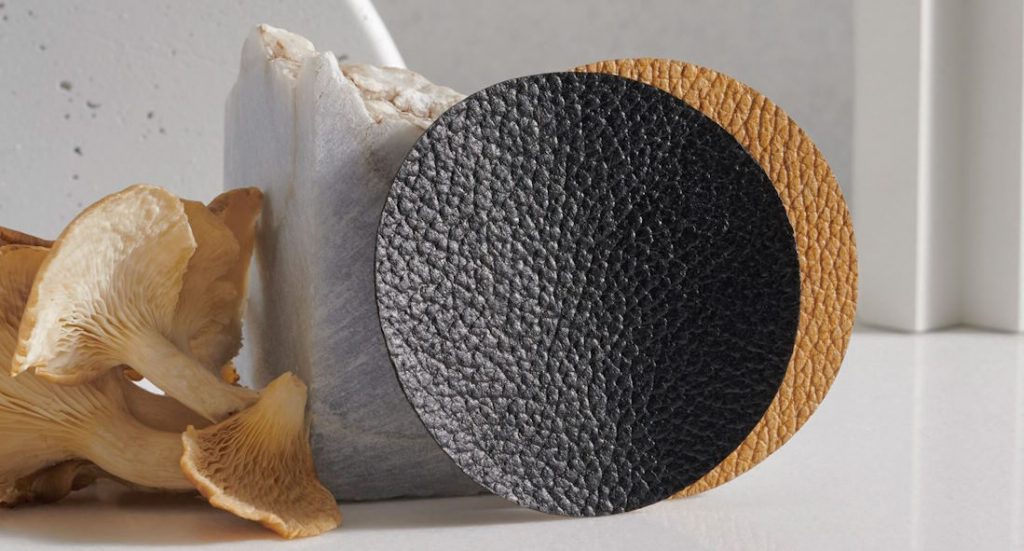
As the global consciousness shifts towards sustainable and cruelty-free practices, the fashion industry finds itself at a pivotal moment of transformation. Traditional leather production, notorious for its environmental impact and ethical concerns, is facing increasing scrutiny. In response to this, innovative alternatives are emerging, with pineapple and mushroom-based vegan leathers leading the way.
Pineapple Leather: Piñatex – A Sustainable Elegance
Background on Piñatex as a Sustainable Alternative:
Piñatex stands out as a revolutionary material in the realm of sustainable fashion, offering an ethical alternative to traditional leather. Developed by Dr. Carmen Hijosa, this pineapple leaf-derived fabric presents a compelling solution to the environmental and ethical concerns associated with conventional leather production. By utilizing waste from the pineapple industry, Piñatex transforms agricultural by-products into a valuable and eco-friendly material.
Extraction Process from Pineapple Leaves:
The process of creating Piñatex begins with the extraction of fibers from pineapple leaves. After the fruit has been harvested, the leaves are collected and undergo a carefully designed mechanical and chemical process. This results in a non-woven mesh of fibers, which is then finished into a versatile textile. The extraction process is not only sustainable but also ensures that no extra land, water, or pesticides are needed, contributing to a circular and resource-efficient production cycle.
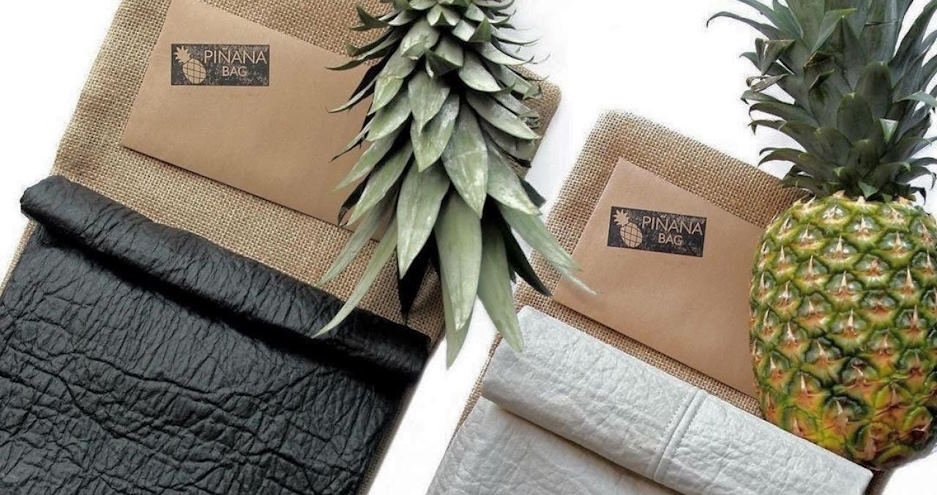
Properties and Qualities of Piñatex Compared to Traditional Leather:
Piñatex boasts properties that rival traditional leather, making it a sought-after material in the fashion industry. It is lightweight, breathable, and offers a unique textured appearance akin to genuine leather. Importantly, Piñatex outshines traditional leather in terms of sustainability, as its production requires fewer resources, emits lower carbon, and reduces waste.
Mushroom Leather: Mycelium – Nature’s Fabric of the Future
Overview of Mycelium as a Key Ingredient in Mushroom Leather:
At the forefront of sustainable alternatives to traditional leather lies mycelium, the vegetative part of fungi. Recognized for its incredible potential, mycelium serves as a key ingredient in the creation of mushroom leather. This renewable and abundant resource is opening new doors in the quest for ethical and environmentally friendly fashion.
Cultivation Process and Sustainability Aspects:
Mycelium leather is cultivated through a unique and eco-friendly process. Mushroom spores are introduced to a substrate, such as agricultural waste, forming a dense network of mycelium. This process requires minimal resources and energy, making it a sustainable option in comparison to the resource-intensive practices of traditional leather production. Additionally, mycelium cultivation contributes to the reduction of agricultural waste, aligning with the principles of a circular economy.
Advantages of Mycelium Leather in Terms of Durability and Versatility:
Mycelium leather boasts remarkable qualities that position it as a formidable contender to traditional leather. It is known for its durability, strength, and flexibility, offering a material that not only looks and feels like leather but also rivals its performance. The versatility of mycelium leather allows it to be adapted into various fashion items, ensuring a wide range of applications without compromising on quality or style.
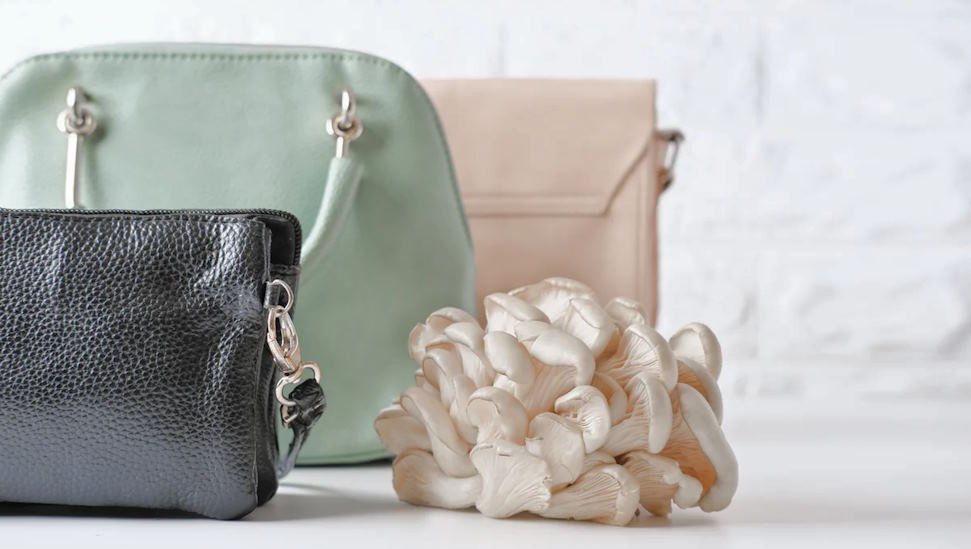
Consumer Adoption and Market Trends: Embracing Sustainable Style
Increasing Awareness and Demand for Vegan and Sustainable Products:
In the wake of heightened environmental consciousness, consumers are actively seeking ethical and sustainable alternatives in all facets of their lives, including fashion. The awareness of the environmental impact of traditional leather production has led to a surge in demand for cruelty-free options. This shift is a testament to a growing global understanding of the need for sustainable practices in every aspect of life.
Consumer Preferences for Environmentally Friendly Alternatives:
As consumers become more informed about the ecological consequences of their purchasing decisions, there is a discernible shift in preferences toward environmentally friendly alternatives. The desire for products that align with personal values is driving individuals to opt for materials like pineapple and mushroom-based vegan leather. These alternatives not only cater to ethical considerations but also provide a chic and stylish option for those who wish to make a positive impact through their fashion choices.
Articles
-
-
January 14, 2024 Fashionable Ways to Upcycle Old Clothing
-
December 18, 2023 Vegan-Friendly Footwear Alternatives for Leather Lovers
-
November 20, 2023 Runway-Inspired Messy Hairstyles
-
October 22, 2023 The Charm of Statement Earrings in Modern Fashion


